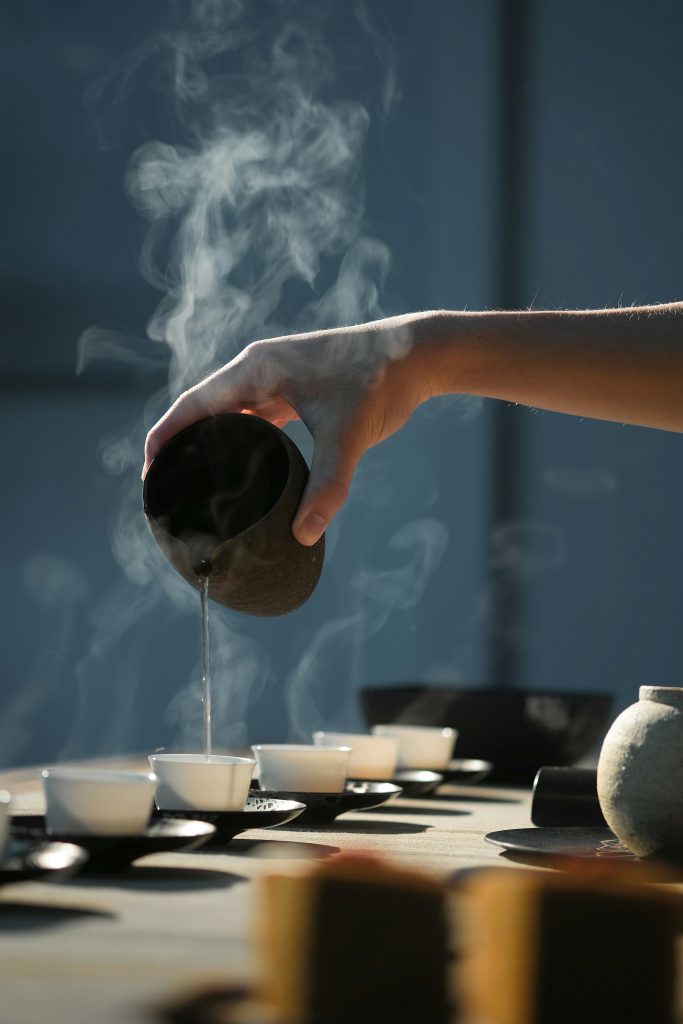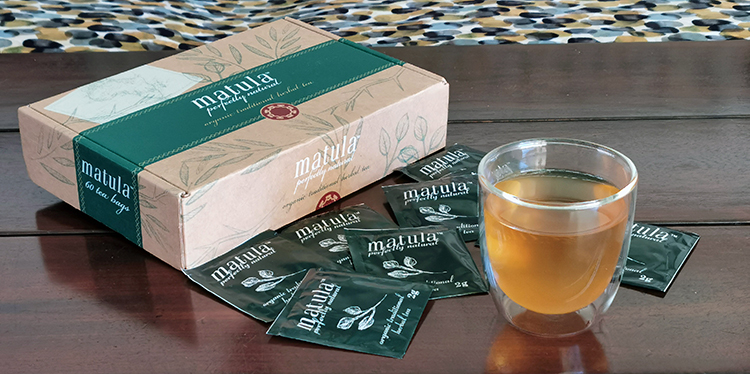From Antibiotics to Tea
Discover the Safest & Most Effective Method
When grappling with an H. pylori infection, it’s natural to seek the most effective treatment options available. As antibiotics remain a common approach, many individuals are turning towards natural remedies like Matula Tea for a more gentle and holistic path to healing.
With concerns about antibiotic resistance and side effects, exploring a natural treatment for H. pylori can be an appealing choice for those aiming to restore digestive health without harsh chemical based drugs.
We will show you the range of treatments for H. pylori infection, spotlighting both traditional and natural solutions, and we hope to help you with this knowledge to have complete peace of mind when deciding on the best way to treat h. pylori.
Understanding H. Pylori Treatments
Antibiotic Therapy Explained

Antibiotic therapy is often the first line of treatment for H. pylori infections. This approach typically involves a regimen known as triple therapy, which combines two antibiotics with a proton pump inhibitor (PPI) to reduce stomach acid and enhance the now a declining antibiotic effectiveness – due to antibiotic resistance.
In cases where triple therapy has been ineffective, quadruple therapy is used, adding a bismuth compound to the regimen for added protection of the stomach lining.
Harsh side effects are a common problem that often cause people to abandon their treatment before completing the course. These include nausea, diarrhea, and, in rare cases, allergic reactions. Understanding the benefits and drawbacks of antibiotic therapy will help you to make an informed decision about your treatment options for H. pylori infections.
Are antibiotics effective?
While antibiotics used to be more effective, their success has been compromised by antibiotic resistance. In spite of this, antibiotic therapy is still widely prescribed – even though the actual success rate is currently estimated to be as low as 30%.
Role of Proton Pump Inhibitors
Proton Pump Inhibitors (PPIs) play a crucial role in the treatment of H. pylori infections by reducing stomach acid production. PPIs are an integral part of triple or quadruple therapy.

However, long-term use of PPIs can have potential drawbacks. These include nutritional deficiencies, as the reduction in stomach acid can affect the absorption of certain nutrients like calcium and magnesium. These minerals need an acidic environment for optimal absorption in the stomach. When acid levels drop, it can lead to deficiencies, potentially affecting bone health and muscle function.
Are Proton Pump Inhibitors (PPIs) effective?
Proton Pump Inhibitors cannot eradicate h. pylori bacteria on their own. PPIs are primarily used to reduce stomach acid, creating an environment that can help other treatments to work more effectively against H. pylori.
For those looking to avoid antibiotics or mitigate their side effects, natural remedies like Matula Tea offer a safer and more effective approach, with a proven success rate of of over 98% in clearing H. pylori.
Exploring Natural Treatment Options
Using Probiotics
Probiotics offer natural relief from the symptoms of H. pylori infections by helping to restore balance in the gut microbiome. But relieving symptoms does not solve the problem, because the root cause is not addressed.
However, it’s important to note that not all probiotic strains are equally effective. Choosing formulations that contain specific strains known for their antibacterial properties, such as Lactobacillus and Bifidobacterium species, can yield more significant results in symptom relief only
Are Probiotics effective?
Using probiotics alone will not completely eradicate H. pylori infections, but they can offer valuable support to a proven treatment like Matula Tea.
Other Herbal Remedies
Exploring herbal remedies provides a natural alternative for those seeking H. pylori treatment without relying solely on pharmaceuticals. Herbs like garlic, broccoli sprouts, and turmeric are recognized for their antibacterial and anti-inflammatory properties.
Garlic contains allicin, an active compound that can slow the growth of H. pylori bacteria, but it will not eradicate an infection.
Broccoli sprouts are rich in sulforaphane, a chemical that targets and reportedly reduces H. pylori colonies. The quantity required to clear an H. pylori infection is unclear.
Turmeric, known for its curcumin content, aids in reducing inflammation and supporting digestive health.
Manuka honey offers antimicrobial benefits, often used as an adjunct treatment to soothe symptoms.
Are Herbal remedies effective?
They can indeed help those who are seeking a natural path to digestive wellness. While these remedies can support H. pylori management, they should ideally be part of a broader treatment strategy.
There is inconclusive scientific evidence proving that any one of the above mentioned herbs will be able to clear an H. pylori infection when used alone, or when combined with other herbs.

Choosing the Best Approach
Factors to Consider when selecting a Treatment
When selecting a treatment for H. pylori infection, several factors should guide your decision.
Previous treatment history is the most critical factor. If past antibiotic treatments were unsuccessful, exploring natural alternatives with high success rates will be beneficial. Most doctors will not know or admit that there are problems with antibiotic resistance, and that there are natural options like Matula Tea that are way more effective in clearing H. pylori infections.
Tolerance to potential side effects must also be considered, especially if you are sensitive to medications. In such cases, natural remedies will offer a gentler approach.
By evaluating these factors, you can make informed decisions, enabling you to choose a more effective and personalized approach in managing your H. pylori infection.

Matula Tea: A Natural Solution
Matula Tea has proven itself to be a super-effective treatment for H. pylori infections, with an unmatched success rate of over 98% since 2006.
Our ‘OVER 98% SUCCESS RATE’ explained…
Since 2006 Matula Tea™ has proven to effectively clear H. pylori infections in 98.4% of people who have used it. This means that Matula Tea has been (and continues to be) 100% effective in 98.4% of people using just one 30-day course of treatment.
The unique herbal blend is celebrated for its antibacterial properties, specifically targeting H. pylori while promoting overall gut health.
Unlike antibiotics, Matula Tea is not affected by antibiotic resistance, and it’s pleasant taste is well-liked by most individuals. It is a convenient and safe alternative to conventional therapies.
Clinical testing has shown it to be over 98% effective in clearing H. pylori infections, providing a compelling option for those wary of pharmaceutical side effects.
The ease of use is another advantage; just one 30-day treatment is required, taking two cups of tea a day.
Matula Tea also comes with the reassurance of a money-back guarantee and ongoing support, making it a comprehensive solution for digestive health. For those seeking a natural path to healing, Matula Tea offers a safe and effective choice in the battle against H. pylori infections.


OR…
Recent References
- Efficacy of Herbal Remedies
Herbal treatments for H. pylori, such as garlic, turmeric, and broccoli sprouts, show potential due to their antimicrobial and anti-inflammatory properties. Read more here – Study on Herbal Remedies for H. pylori
- Matula Tea Clinical Testing
Preliminary studies and anecdotal evidence prove that Matula Tea clears H. pylori infections without the need for antibiotics or other supplements. For additional insights on Matula Tea’s efficacy, read more here Matula Tea Clinical Findings.


